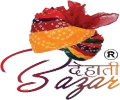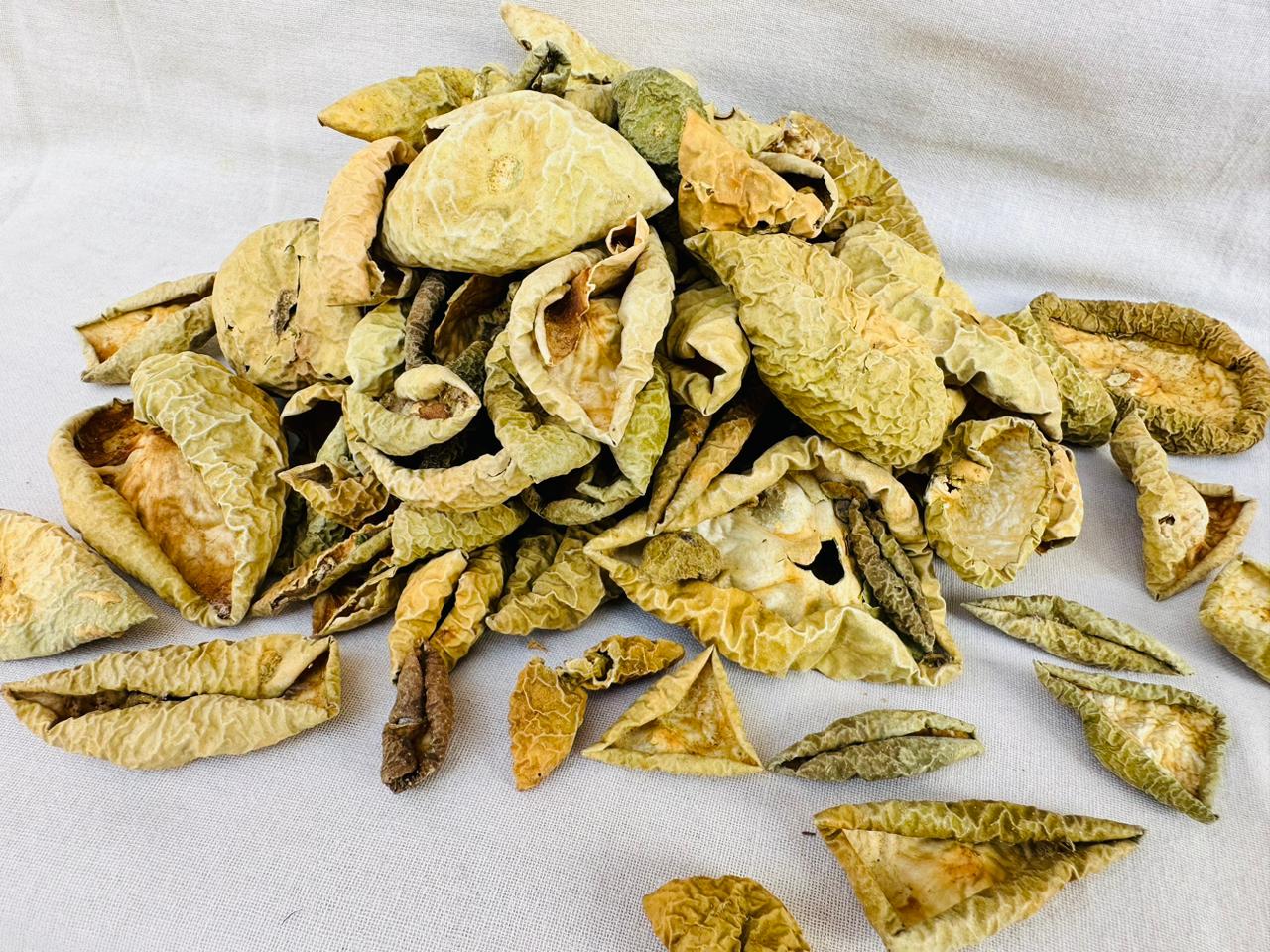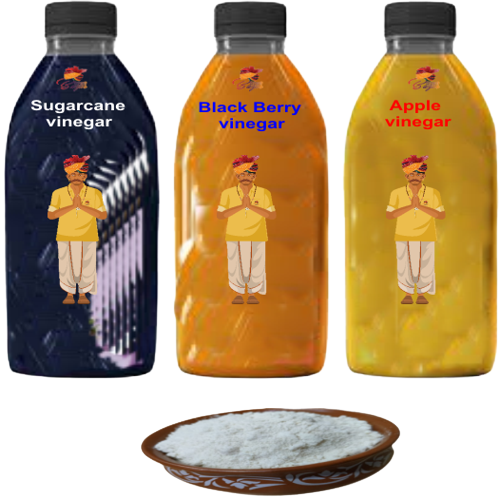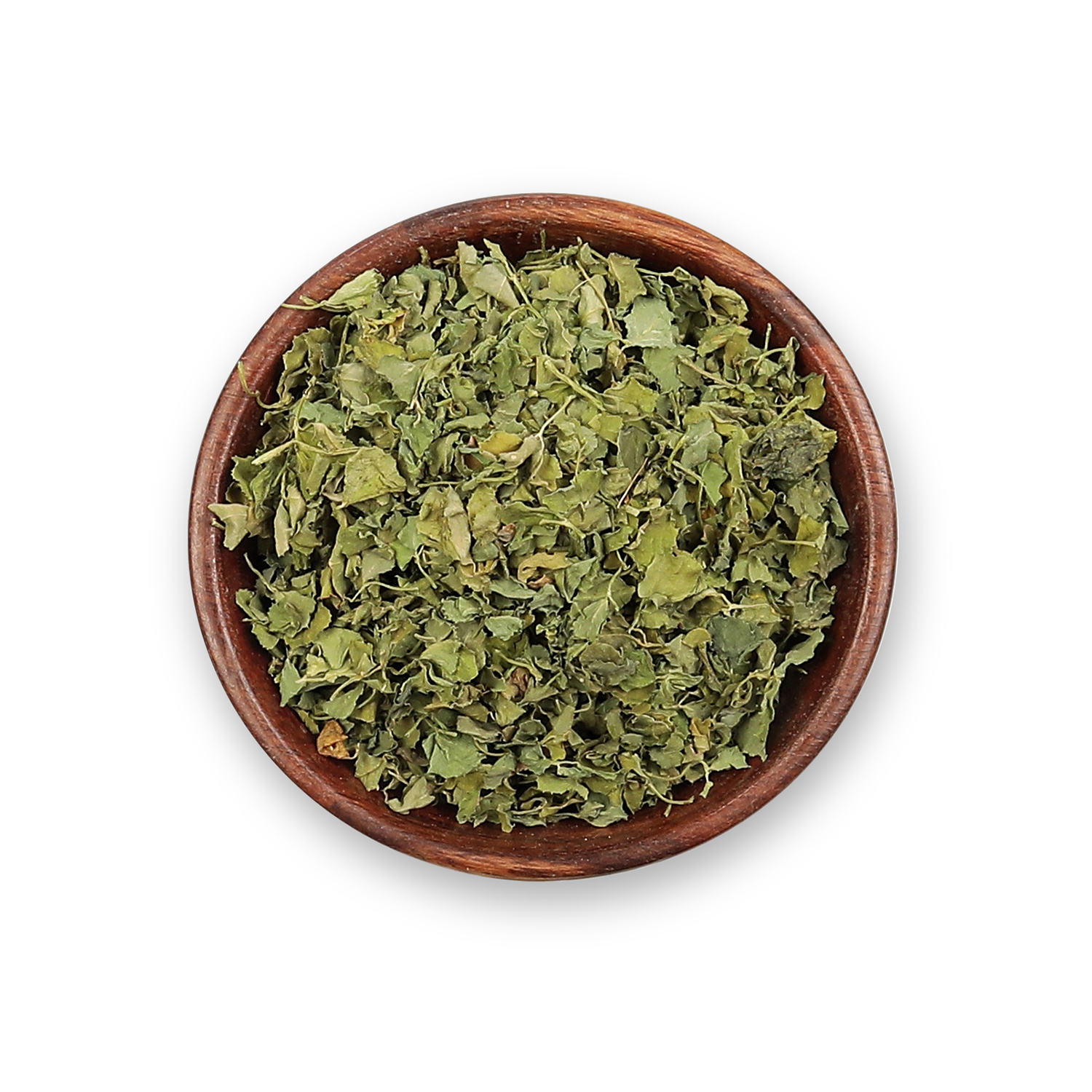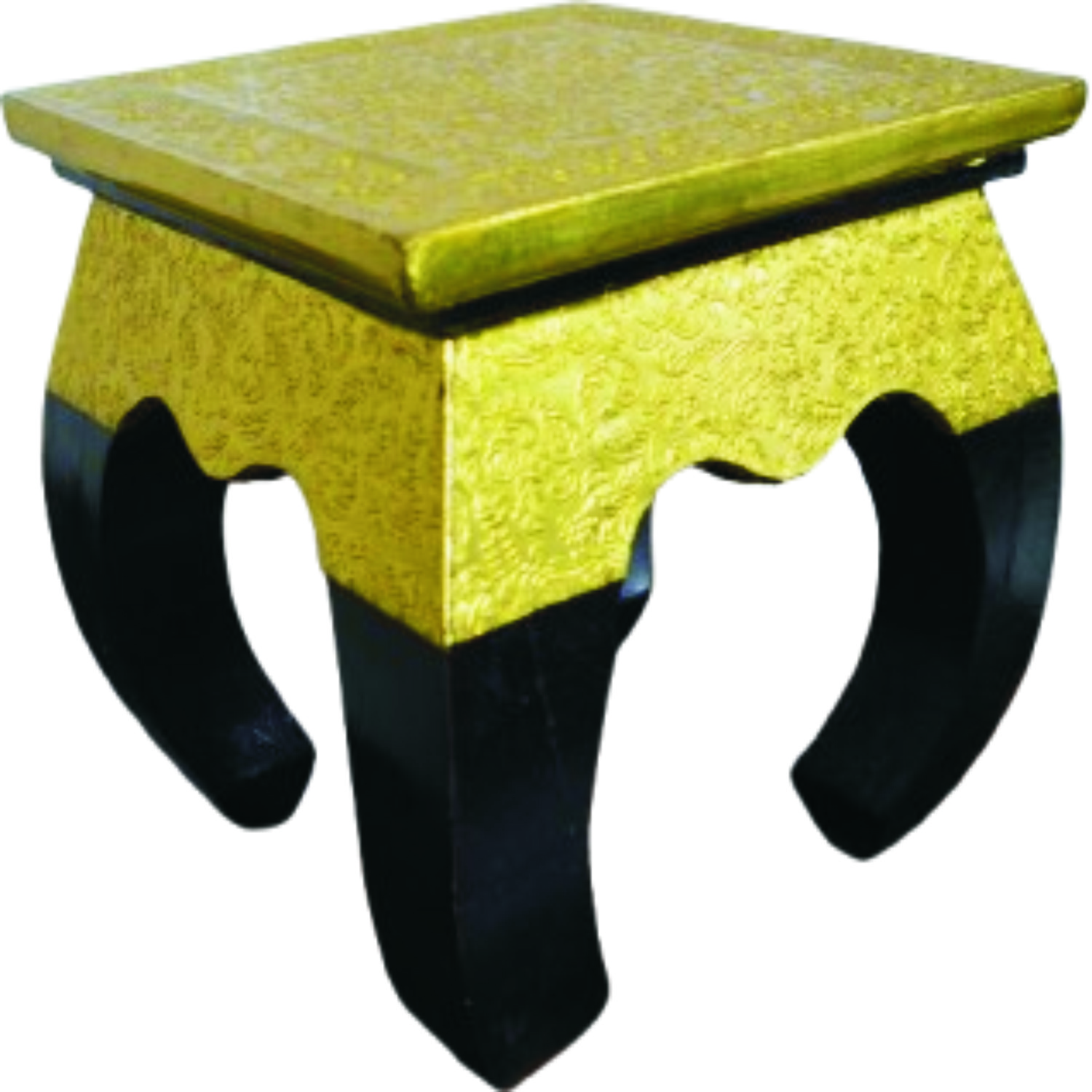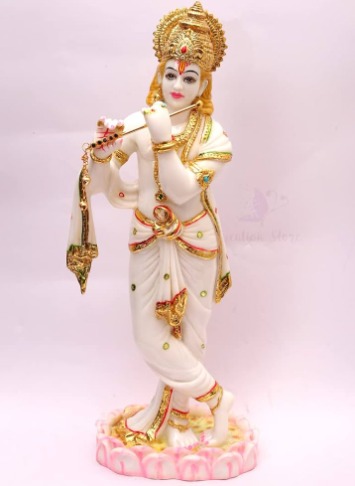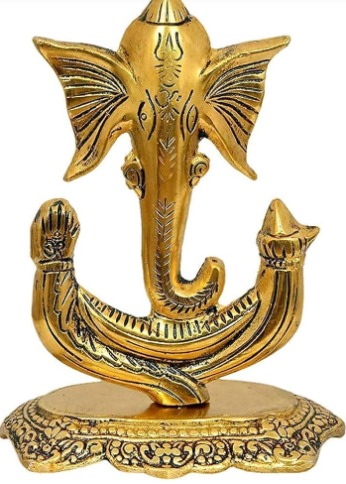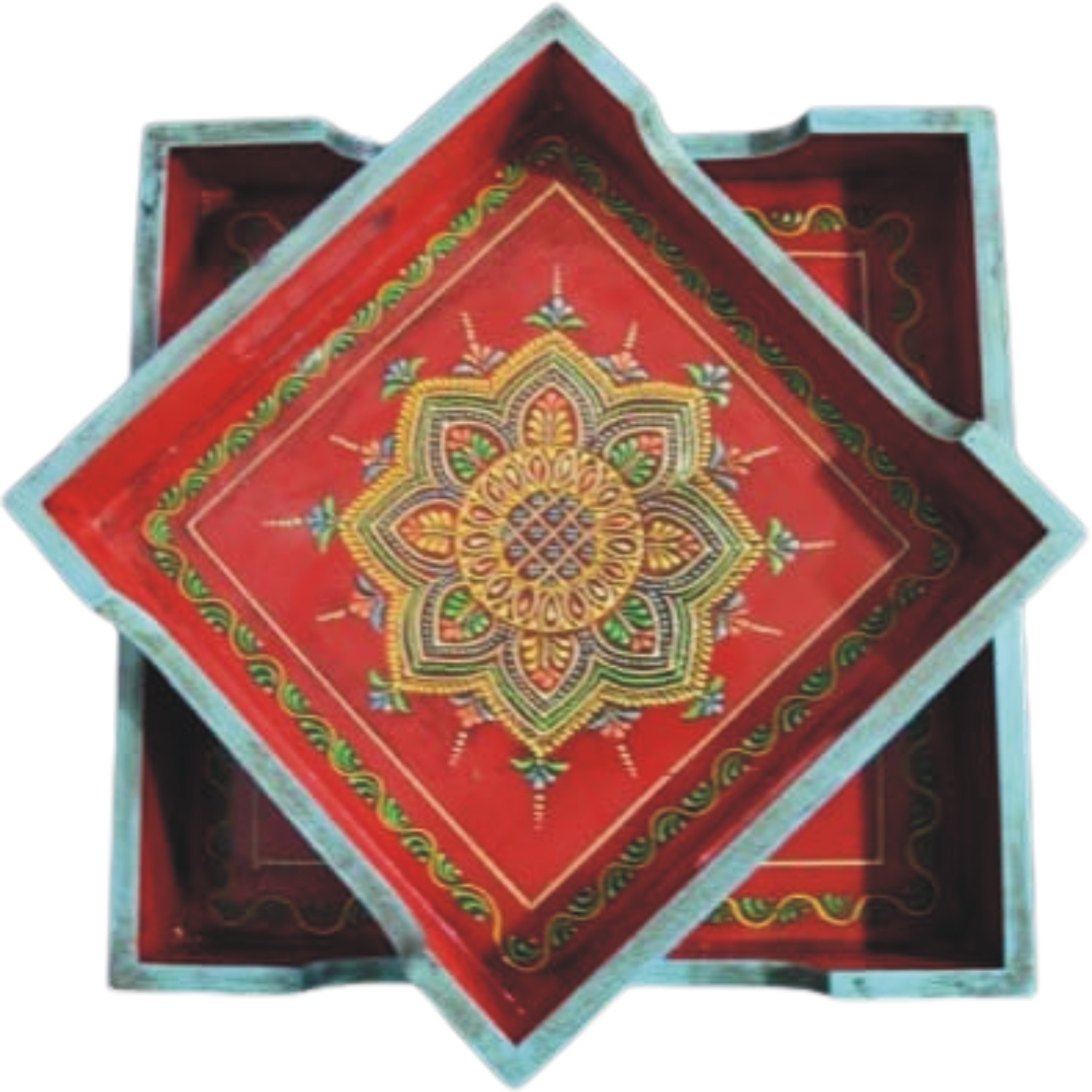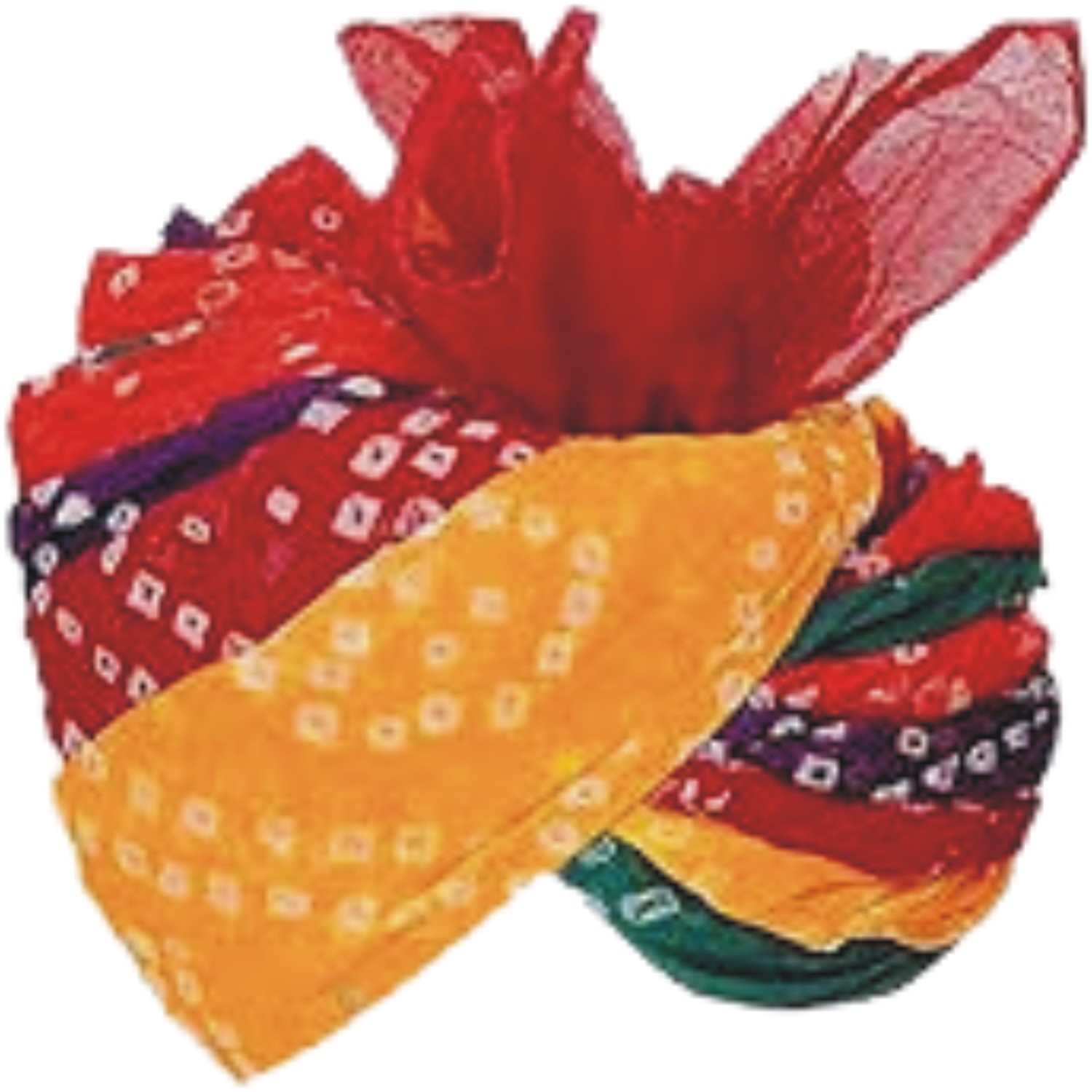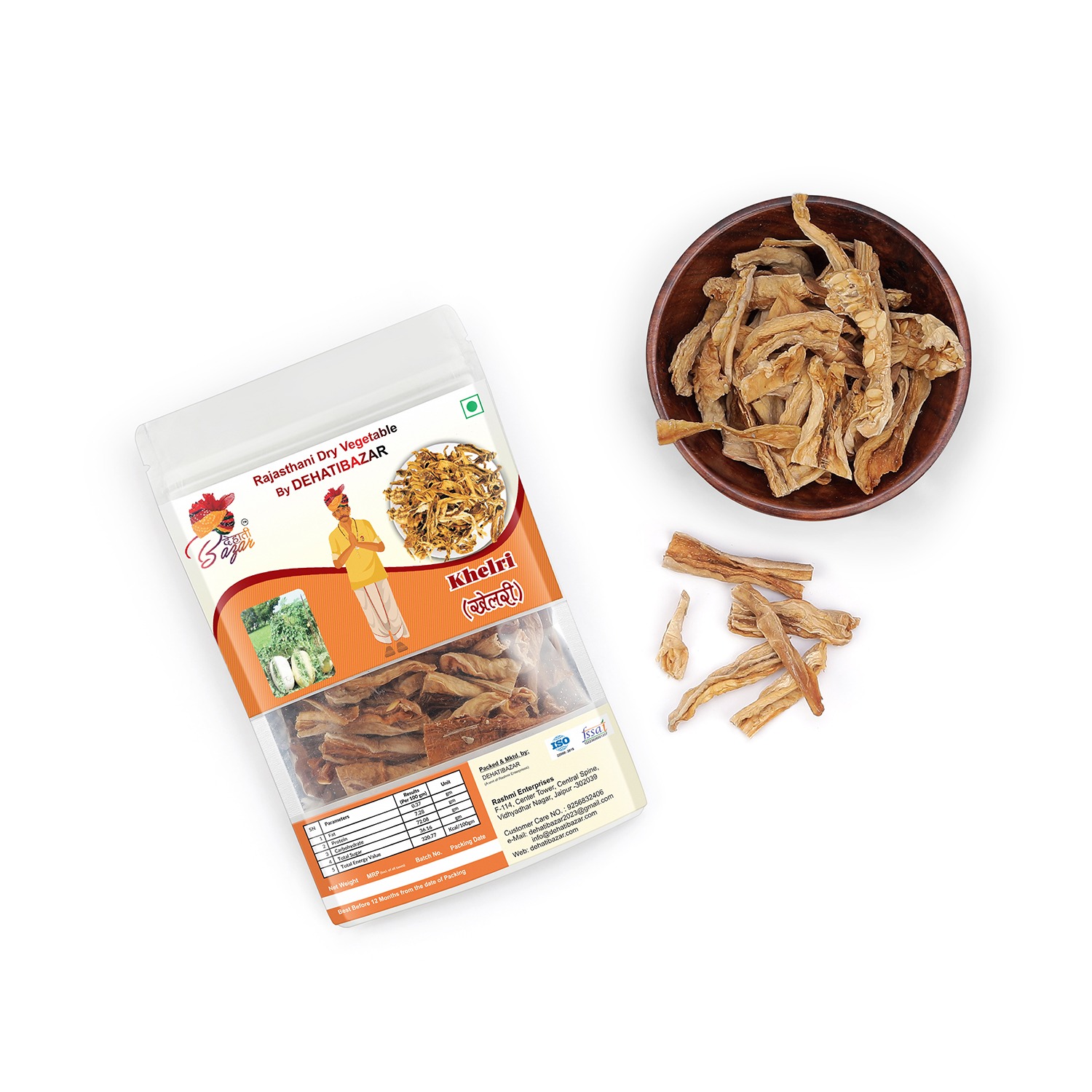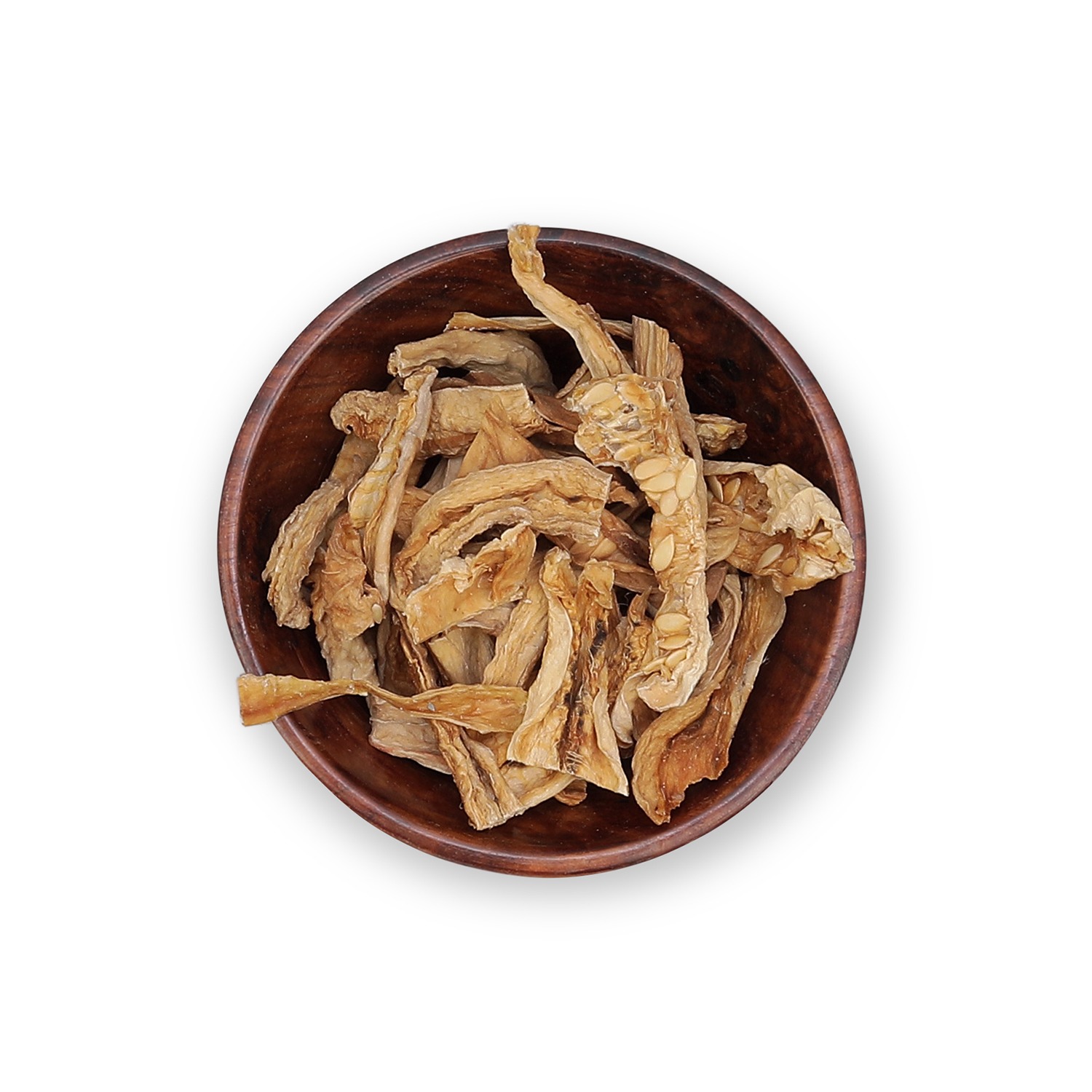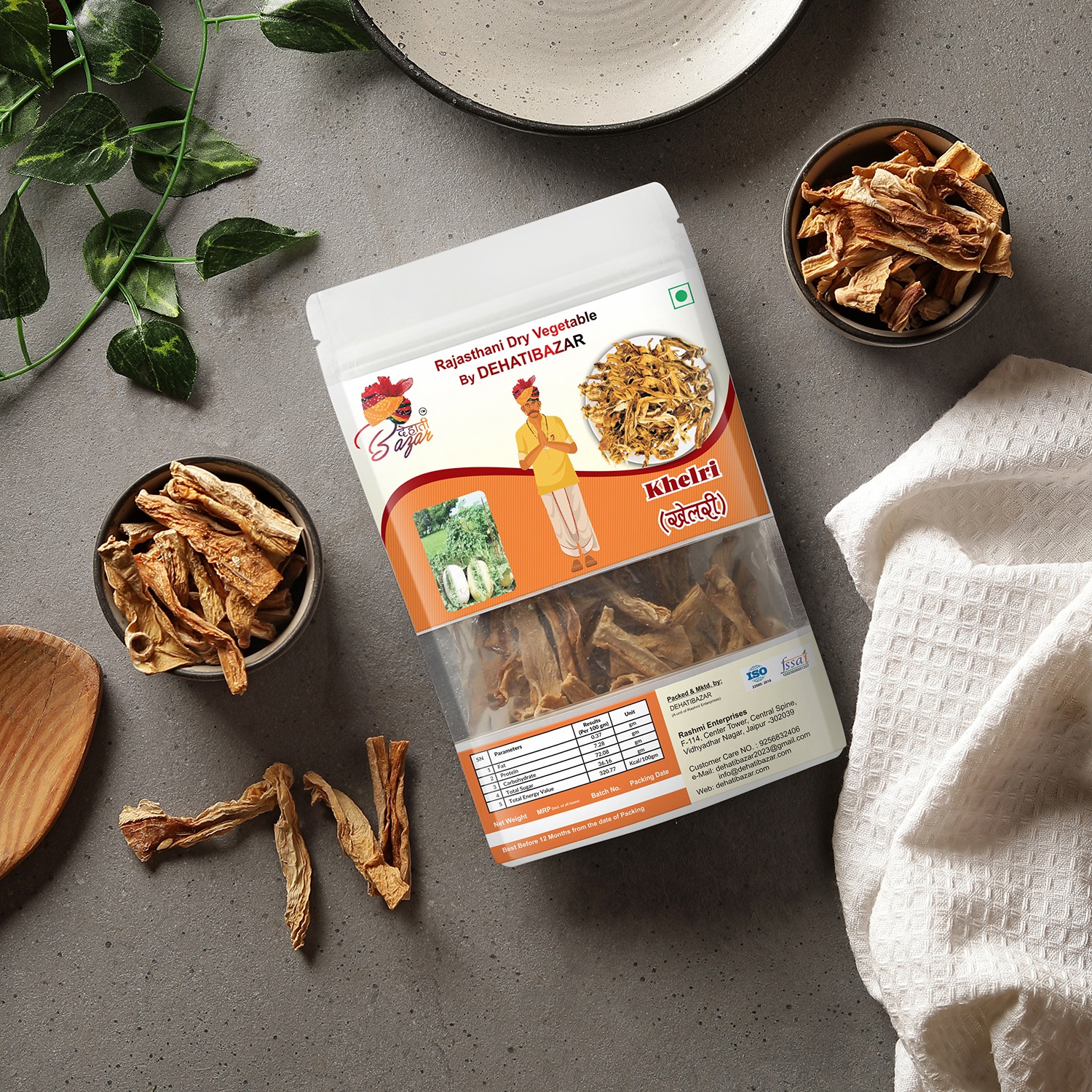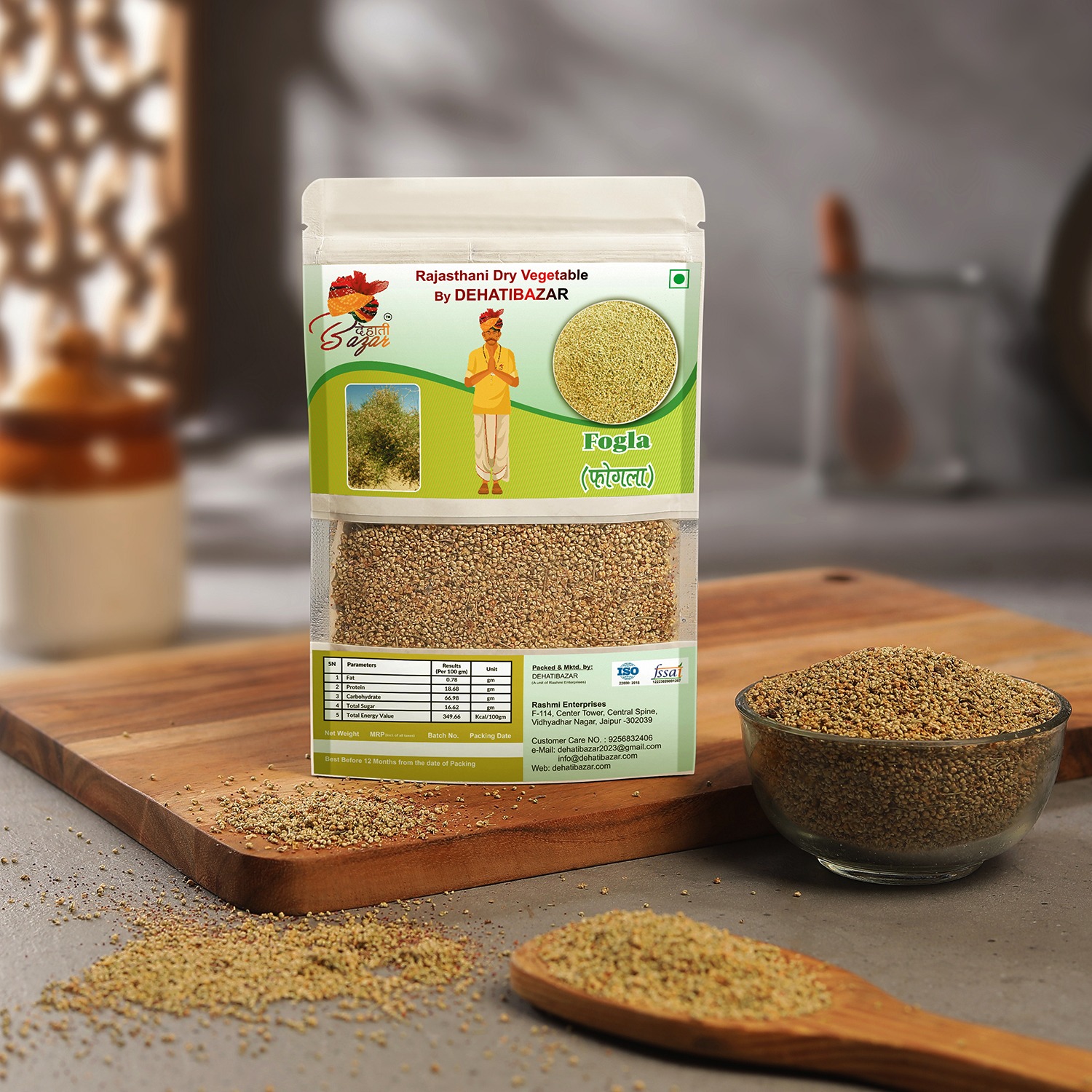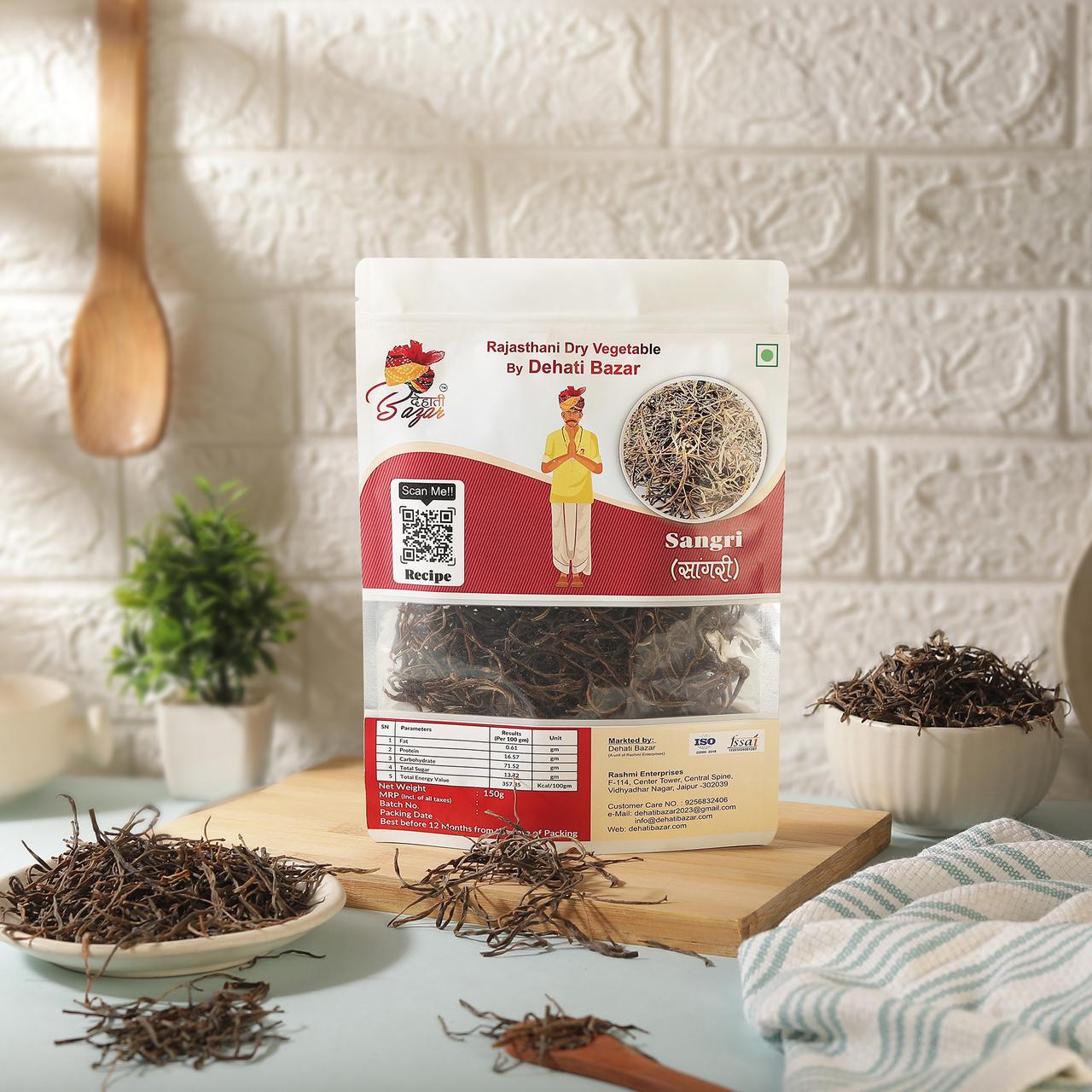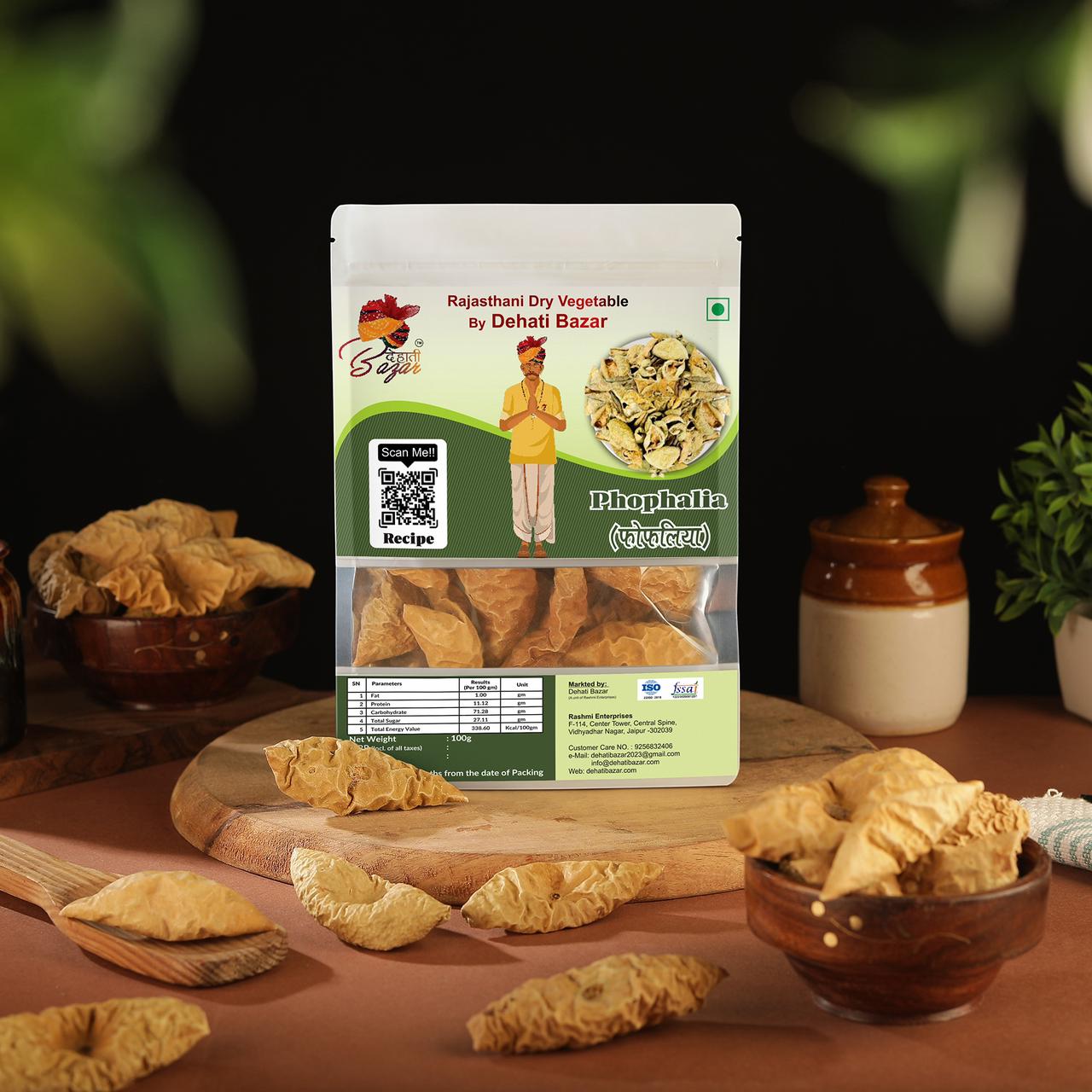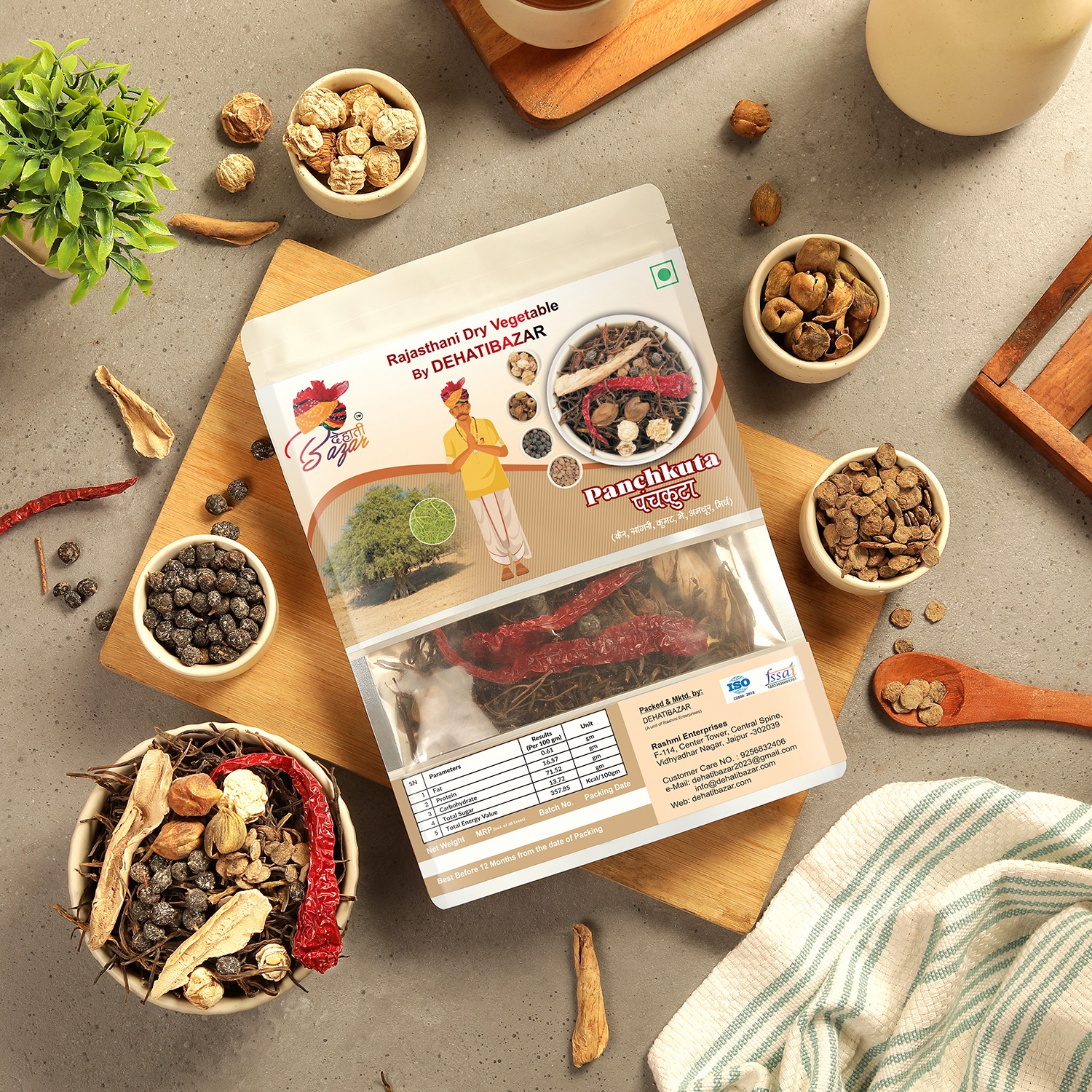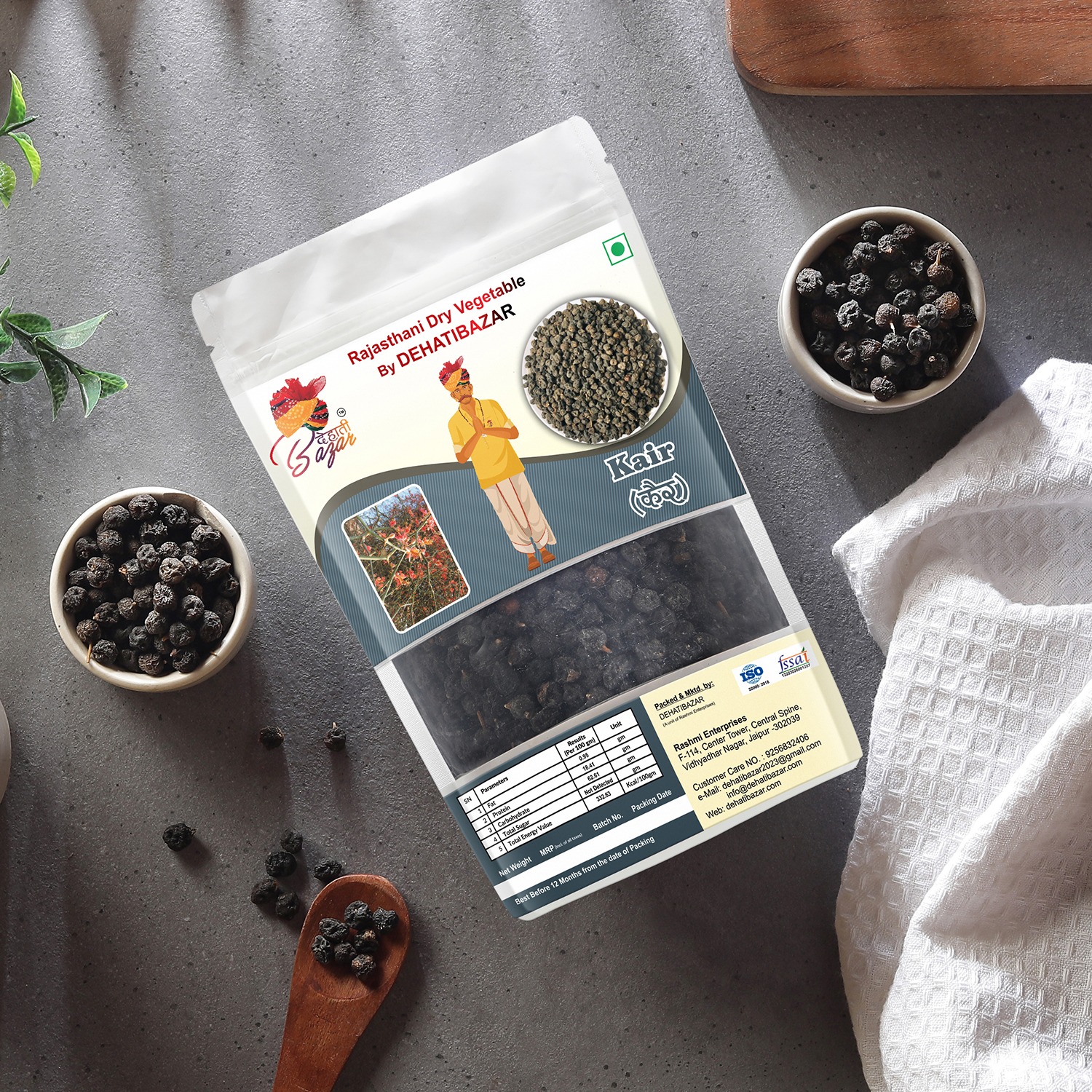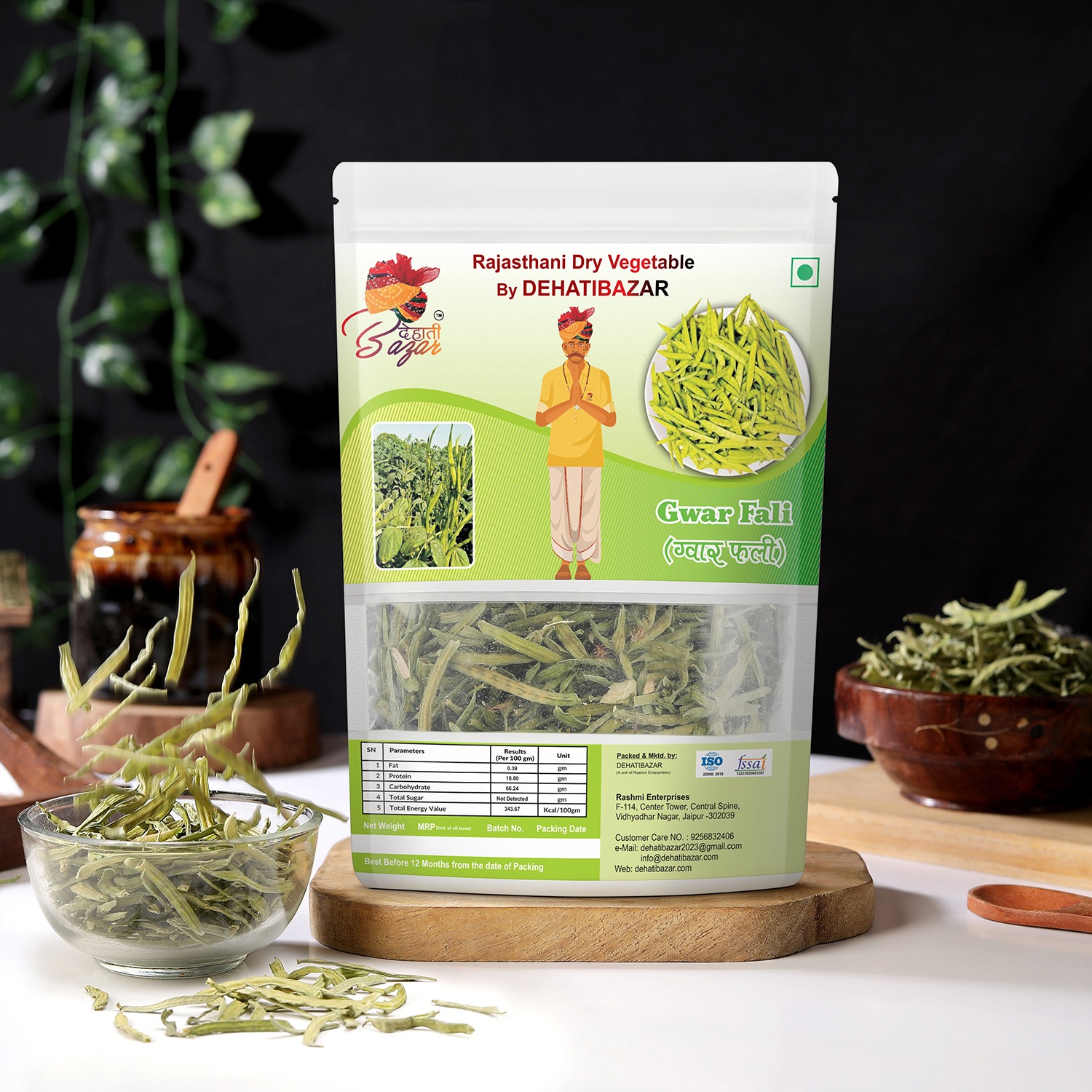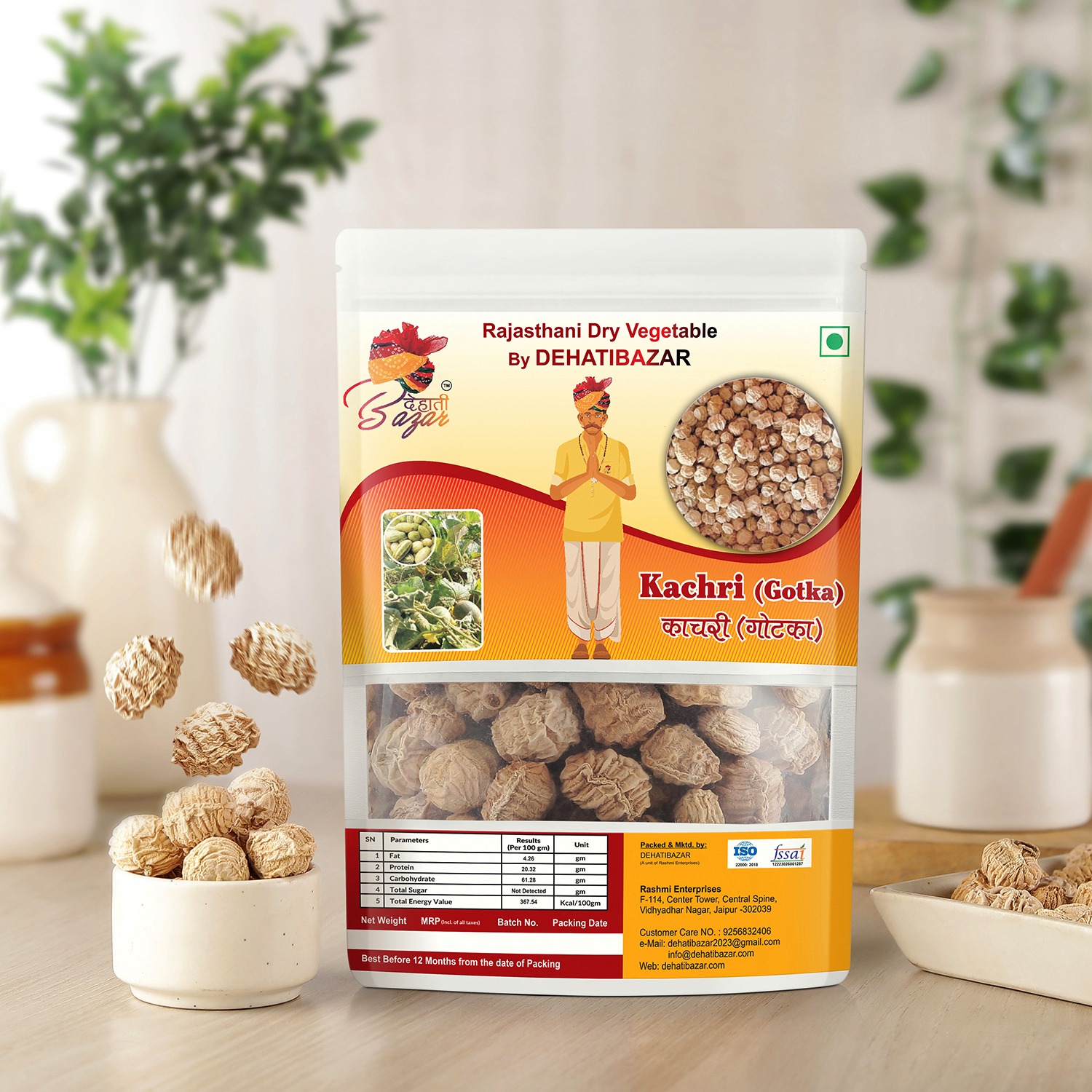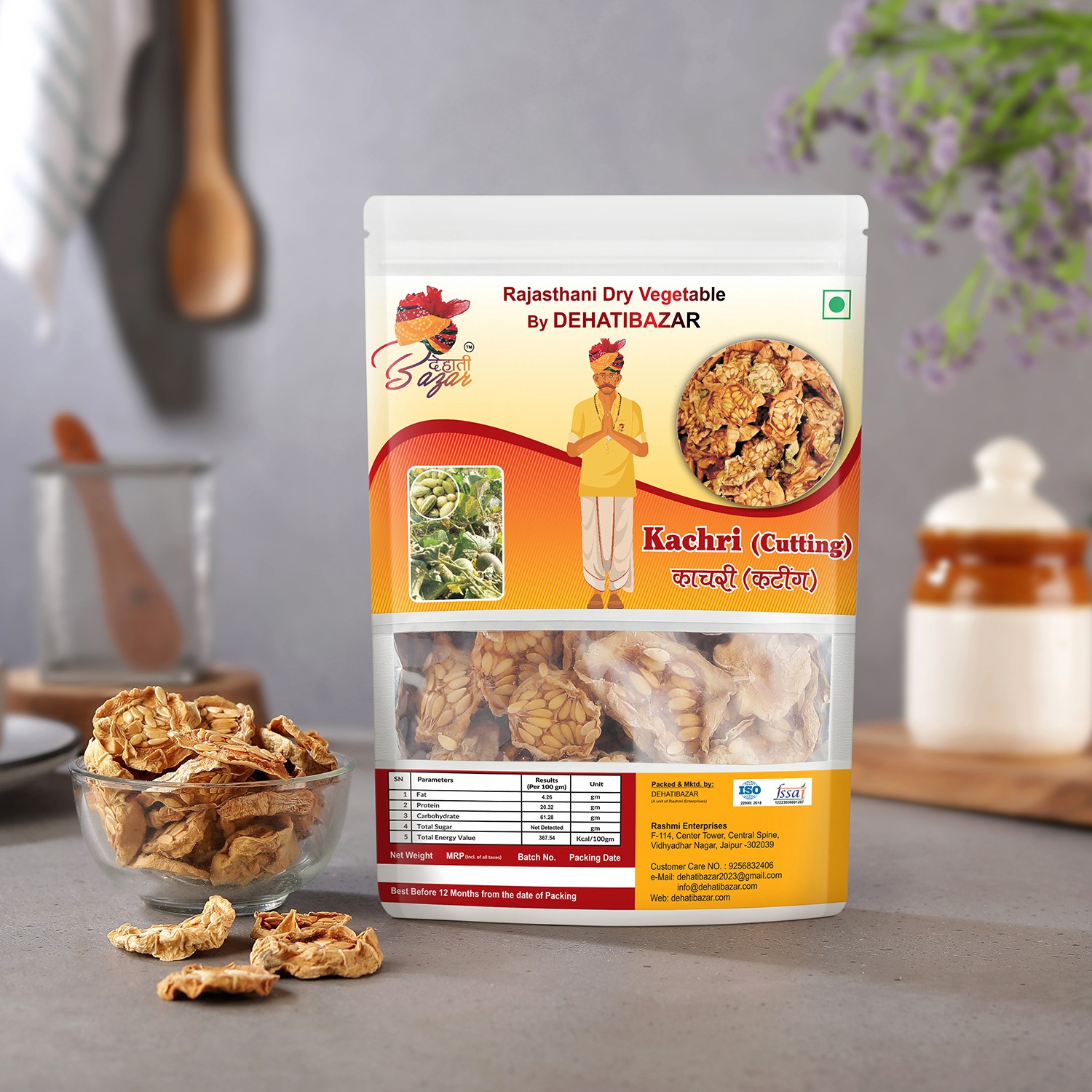DEHATIBAZAR® Khelra Rajasthani Cucumber (150 Gm) | Refreshing And Authentic Flavorful And Nutrient-packed Delight Elevate Your Culinary Experience Perfect for Adding a Flavor to Your Salads and Snacks (खेलरी)
It is also called kakdi in Rajasthan. It is very similar to WILD CUCUMIS PUBSESCENS due to longer period of growth. Desi kakdi is used as a fruit as well as vegetable. The taste is quite bland and tangy. Rajasthani public also cut them into slices and sprinkled some salt and chilly on top for taste. Farmer cut them into slices and dries in sun light. Dry kakdi is called khelra. It is used in preparing vegetables. Jain community is the highest consumer of this product in India in rainy season.
Dried Kakdi, also known as Khelri, is a traditional Indian vegetable that offers various health benefits. Here are some of its potential advantages:
Rich in Nutrients: Dried Kakdi is packed with essential nutrients including vitamins, minerals, and antioxidants. It contains vitamins A, C, and K, as well as potassium, calcium, and magnesium, which are vital for overall health and well-being.
High in Fiber: Dried Kakdi is an excellent source of dietary fiber, which aids in digestion, promotes regular bowel movements, and helps prevent constipation. A diet rich in fiber may also lower the risk of certain digestive disorders and heart disease.
Hydration: Although dried, Kakdi retains some level of water content, making it a hydrating food choice. Proper hydration is essential for maintaining healthy skin, regulating body temperature, and supporting various bodily functions.
Antioxidant Properties: Dried Kakdi contains antioxidants such as vitamin C and flavonoids, which help protect the body from oxidative stress caused by free radicals. Antioxidants play a crucial role in reducing inflammation, strengthening the immune system, and preventing chronic diseases.
Weight Management: With its low calorie and high fiber content, dried Kakdi can be a valuable addition to a weight loss or weight management diet. The fiber helps promote satiety, reducing overall calorie intake and aiding in weight control.
Heart Health: Consuming dried Kakdi may contribute to heart health by lowering cholesterol levels and regulating blood pressure. The potassium content in Kakdi helps counteract the effects of sodium, supporting healthy blood pressure levels.
Bone Health: Dried Kakdi is a good source of calcium and vitamin K, both of which are essential for maintaining strong and healthy bones. Adequate intake of these nutrients may help reduce the risk of osteoporosis and fractures.
Digestive Health: The fiber content in dried Kakdi supports digestive health by promoting the growth of beneficial gut bacteria and preventing digestive issues such as bloating and gas.
Overall, incorporating dried Kakdi, or Khelri, into your diet can be a nutritious way to boost your intake of essential nutrients and support overall health and well-being. However, it's essential to consume it as part of a balanced diet that includes a variety of fruits, vegetables, whole grains, and lean proteins.
Additional Information:
| Not Available |

 English
English
